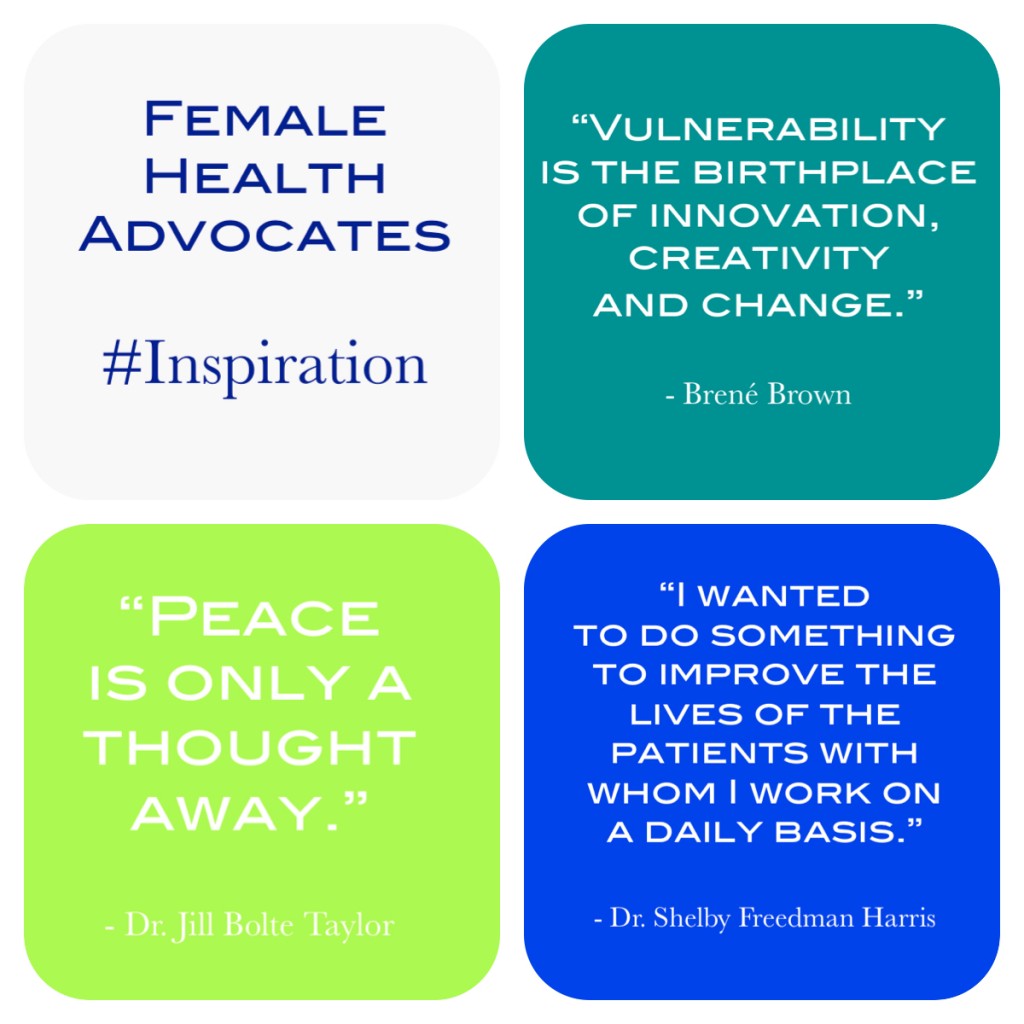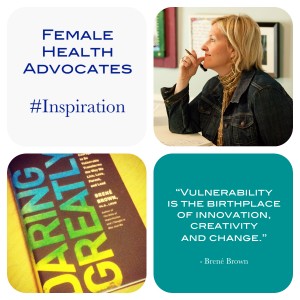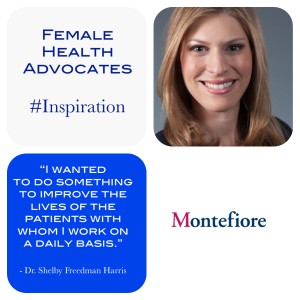REM Runner’s Top 9 Inspiring Female Health Advocates Part III
 In honor of Women’s History Month, I am profiling nine female health advocates who inspire me to follow my dreams. These women are trailblazers – leading the way for other women to optimize their health and triumph over adversity. Read Part I and Part II. Here’s my final three women:
In honor of Women’s History Month, I am profiling nine female health advocates who inspire me to follow my dreams. These women are trailblazers – leading the way for other women to optimize their health and triumph over adversity. Read Part I and Part II. Here’s my final three women:
Brené Brown, Researcher & Storyteller
 Brené Brown, Ph.D. is a research professor who studies vulnerability, courage, worthiness, and shame. Her TED talks (from 2010 and 2012) are extremely popular with millions of views. Brown’s new book, Daring Greatly is a #1 New York Times Bestseller.
Brené Brown, Ph.D. is a research professor who studies vulnerability, courage, worthiness, and shame. Her TED talks (from 2010 and 2012) are extremely popular with millions of views. Brown’s new book, Daring Greatly is a #1 New York Times Bestseller.
I discovered Brown’s TED talks while writing my memoir. Brown inspired me to share my darkest ugliest moments in my book. She explains that “The two most powerful words when we’re in struggle are ‘Me too.'” By shining light on my own weaknesses, I realized that others might feel less alone.
Furthermore, she states that, “Vulnerability is not weakness… it’s emotional risk, exposure, uncertainty. It fuels our daily lives… Vulnerability is our most accurate measurement of courage.”
Warning: these videos may change your life.
Dr. Jill Bolte Taylor, Neuroanatomist & Author
 Dr. Jill Bolte Taylor is a Harvard-trained neuroanatomist who experienced a severe hemorrhage in the left hemisphere of her brain in 1996. During this stroke, she could not walk, talk, read, write, or recall any of her life. It took eight years for her to recover. She is the author of My Stroke of Insight: A Brain Scientist’s Personal Journey. Her 2008 TED Talk has become the second most viewed TED Talk of all time.
Dr. Jill Bolte Taylor is a Harvard-trained neuroanatomist who experienced a severe hemorrhage in the left hemisphere of her brain in 1996. During this stroke, she could not walk, talk, read, write, or recall any of her life. It took eight years for her to recover. She is the author of My Stroke of Insight: A Brain Scientist’s Personal Journey. Her 2008 TED Talk has become the second most viewed TED Talk of all time.
Dr. Jill describes her surreal out-of-body stroke experience in great detail – as if in slow-motion. This inspired me to describe my hypnagogic hallucinations and cataplexy meticulously in my book.
Dr. Jill’s personal and professional experierences lend her a unique perspective on the brain. She explains how our right and left hemispheres interpret ourselves and the world around us so differently, leading to groundbreaking empowering conclusions, like:
“You are not your thoughts. So pay attention to what you’re thinking and then decide if those are thoughts that are creating the kind of life that you want created and if it’s not, then change your thoughts.”
In our society, illness is viewed as something to be avoided at all costs. Yet, Dr. Jill and I both found greater peace through our illnesses. I am forever grateful for her bold bright leadership in this area.
Shelby Freedman Harris, Sleep Doctor and Marathoner
 Shelby Freedman Harris, Psy.D., C.BSM is Director of the Behavioral Sleep Medicine Program at the Sleep-Wake Disorders Center at Montefiore Medical Center and Assistant Professor of Neurology and Psychiatry at the Albert Einstein College of Medicine.
Shelby Freedman Harris, Psy.D., C.BSM is Director of the Behavioral Sleep Medicine Program at the Sleep-Wake Disorders Center at Montefiore Medical Center and Assistant Professor of Neurology and Psychiatry at the Albert Einstein College of Medicine.
Sleep disorders are complicated and no pharmacological treatments provide miracle cures for these disorders. Dr. Harris’ work examines the important roles of cognitive and behavioral therapies in sleep disorder treatment. She authors a Psychology Today blog called “The Land of Nod” and provides expert sleep health guidance to many media sources.
Dr. Harris is also a mother and avid marathon runner. Since starting running in 2008, she’s run 3 marathons and over 20 half marathons. In just a a few weeks, Dr. Harris will take on the Boston Marathon to raise funds for narcolepsy awareness and research. View Dr. Harris’ fundraising page here.
“I wanted to do something to improve the lives of the patients with whom I work on a daily basis,” she describes. “I work with patients who have narcolepsy and I see how this disorder dramatically affects their lives and the lives of those around them.”
If that isn’t inspiring – I don’t know what is! Please join me in wishing Dr. Harris a successful race day in Boston!
I hope you’ve enjoyed these womens’ incredible stories! Read Part I and Part II.
[…] I here. Part III here. […]
[…] II here & Part III here! […]
[…] my darkest moments was rewarding and the right choice. As Brene Brown says, “Vulnerability is not weakness… it’s emotional risk, exposure, uncertainty… […]